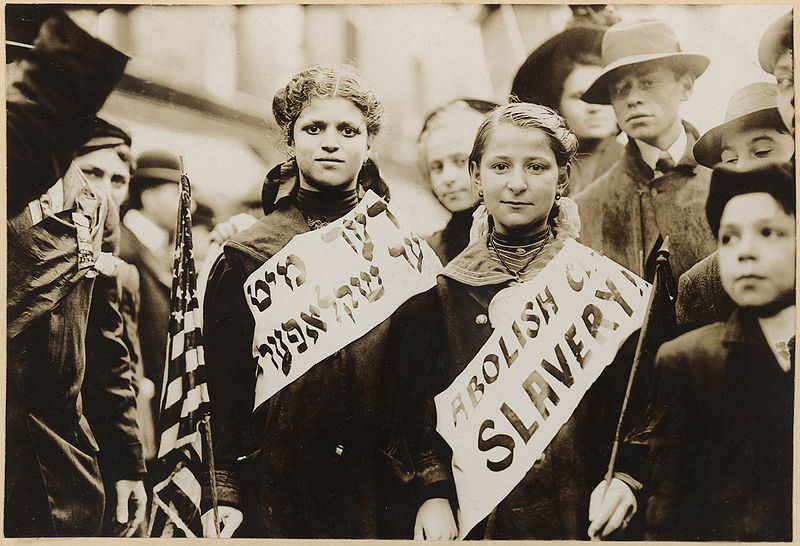
Originally posted here at the Farmworker Advocacy Network
As a society, we decided 75 years ago that child labor needed very strict guidelines to make sure that education comes first and to prevent abusive conditions. The only problem? Children in agriculture were exempted from these protections, in part because most farms were small family operations that needed everyone’s help. Today, mass-scale agribusiness has replaced family farms. But the exemption allowing child labor on farms has remained, meaning that there’s a good chance that pint of blueberries you’re enjoying was hand-picked by 12- and 13-year olds – legally. These same children are too young to work in any other industry.
If you listen closely, you’ll hear two main arguments in favor of the status quo – in favor of child labor.
The most common one goes like this: “I worked on a farm when I was young, and it was hard work but I learned a lot. There’s nothing wrong with hard work.” Working on family farms is indeed our agricultural heritage, and so the proposed legislation to reduce child labor in North Carolina has a very clear exemption for the children of the farm owners. However:
- Today’s farms are dangerous places for children. Large-scale agribusinesses use a lot of heavy machinery and pesticides – things that don’t mix well with kids. Today, 20% of all farm deaths are children, even though children make up only about 8% of the agricultural work force. From 1992-2000, 42% of work-related deaths of minors occurred in agriculture. Half of the victims were 14 years old and under.
- No one says that children shouldn’t be able to work at all. But it doesn’t make any sense to exempt children working in one of America’s most dangerous industries, when those same children would be turned away from working at movie theaters or shopping malls. Children in the fields should be protected in the same way as children in any other industry.
Another common argument in favor of child labor goes something like this: “Farmworker families are so poor that their children have to work to support them. It’s really an opportunity for them to save money and build their resumes.”
Most farmworker families are very poor – average annual incomes for farmworkers are around $11,000 – but the solution is not to allow child labor. The solution is to support living wages and other safe, proven mechanisms that raise workers out of poverty. Ending exploitative child labor is only one piece of a much larger puzzle, but it is a crucial piece. Too often, we see that allowing child labor doesn’t break the cycle of poverty, it reinforces it. Children who work in the fields often experience health problems and difficulty performing well in school because of the severe toll farm labor exacts on young bodies and developing minds.
From the garment factories of New York to the coal mines of West Virginia, America decided a long time ago that child labor was not going to be the solution to bringing people out of poverty. It’s been 75 years, and we’ve never looked back. It’s long past time to close the loopholes and level the playing field for children working in our fields.
Growing up working on the family farm is an important tradition that should be preserved, but employing young children in hazardous work should not be a tradition any longer. Child labor laws should be the same for every industry. All children in North Carolina deserve a safe, healthy and bright future. It’s as simple as that.
Chris Liu-Beers, Program Associate
NC Council of Churches

